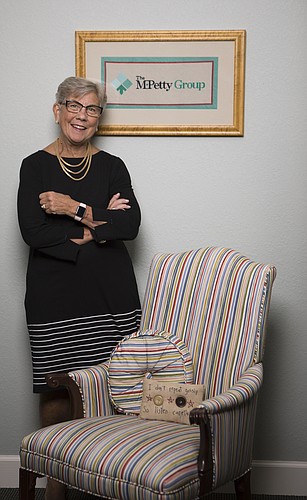- December 13, 2025
-
-
Loading

Loading

Marty Petty, founder of the MPetty Group, a St. Petersburg-based business consulting firm, is a leading disciple of Robert Hartman, a German scholar who went on to become a high-ranking executive at the Walt Disney Co. before creating an influential leadership development tool called the Hartman Value Profile.